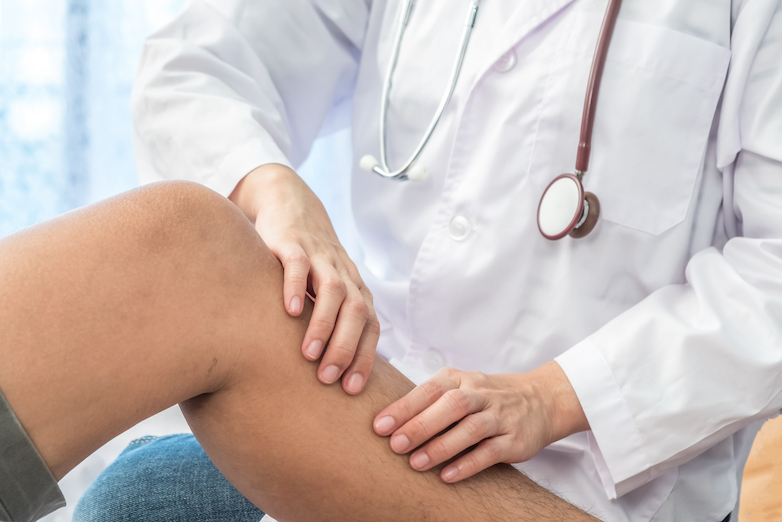Deep vein thrombosis (DVT) is a medical condition that occurs when a blood clot forms in the deep veins, usually in the legs. This can be a serious and potentially life-threatening condition if the clot dislodges and travels to the lungs, causing a pulmonary embolism. However, DVT can also lead to a number of other complications, including the development of varicose veins.

Varicose veins are a common condition that affects millions of people worldwide. They occur when the veins become enlarged and twisted, usually in the legs, due to increased pressure on the veins. This can cause a variety of symptoms, including pain, swelling, and aching, as well as an unsightly appearance.
How Varicose Veins are Linked to DVT
So, how can DVT lead to varicose veins? There are a few different ways in which this can happen.
First: Damage to the valves in the veins
DVT can cause damage to the valves in the deep veins, which are responsible for regulating blood flow and preventing blood from flowing backward. When these valves are damaged, blood can pool in the veins and cause them to become enlarged and twisted.
Second: Increased pressure in the veins
DVT can also cause an increase in pressure in the veins, which can cause them to become enlarged and twisted. This increased pressure can be caused by the blood clot itself, as well as by the swelling and inflammation that can occur as a result of the clot.
This is considered part of the “post thrombotic syndrome.”
It’s worth noting that not everyone who develops DVT will go on to develop varicose veins. However, if you have a history of DVT or are at risk for developing the condition, it’s important to be aware of the potential complications and take steps to prevent them. This may include wearing compression stockings, staying active, and avoiding prolonged periods of sitting or standing.
When Deep Vein Thrombosis Leads to Varicose Veins
If you do develop varicose veins as a result of DVT, there are a variety of treatment options available. These may include compression stockings, lifestyle changes, or minimally invasive procedures such as endovenous ablation with RFA. Your vein specialized healthcare provider can help you determine the best course of treatment based on your individual needs and medical history.
In conclusion, while DVT can be a serious and potentially life-threatening condition, it can also lead to a number of other complications, including varicose veins. By understanding the potential risks and taking steps to prevent them, you can help protect your overall health and well-being.